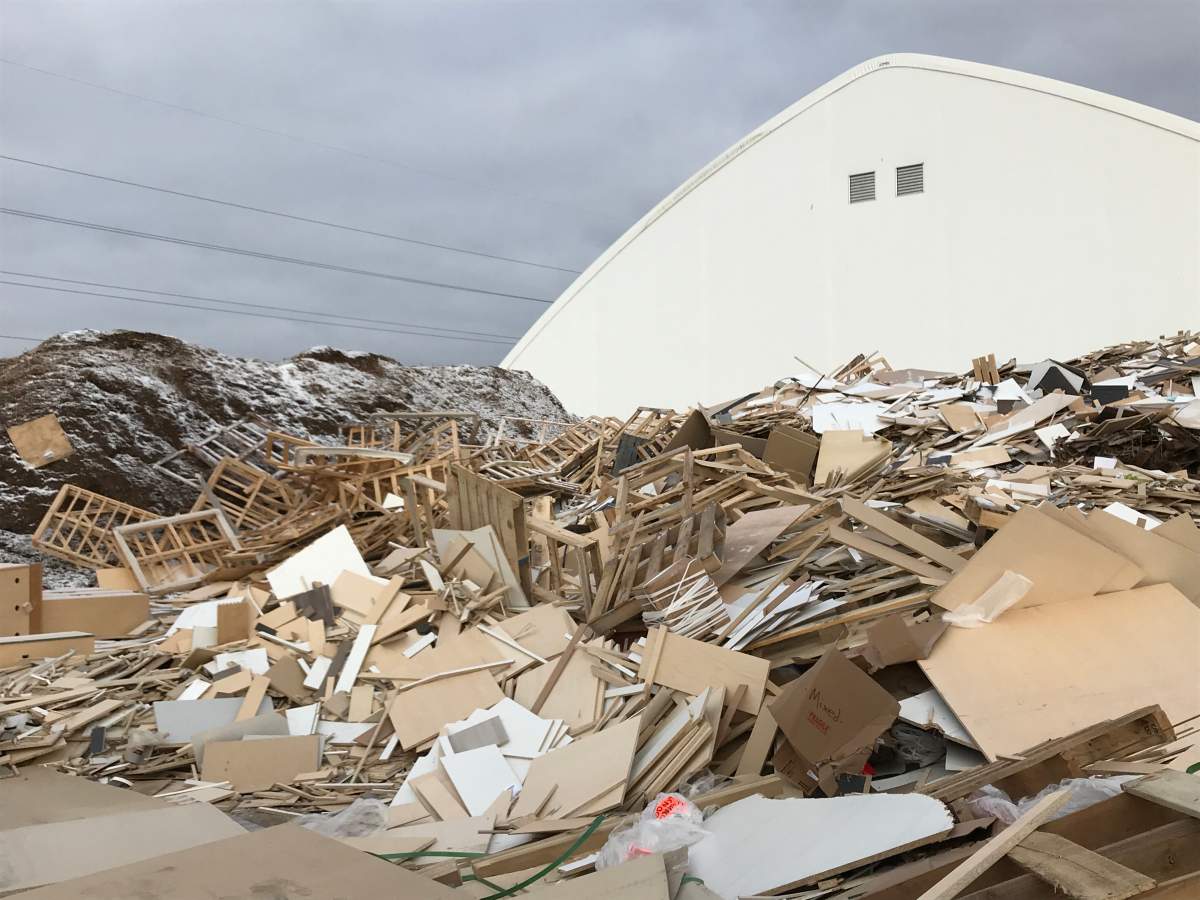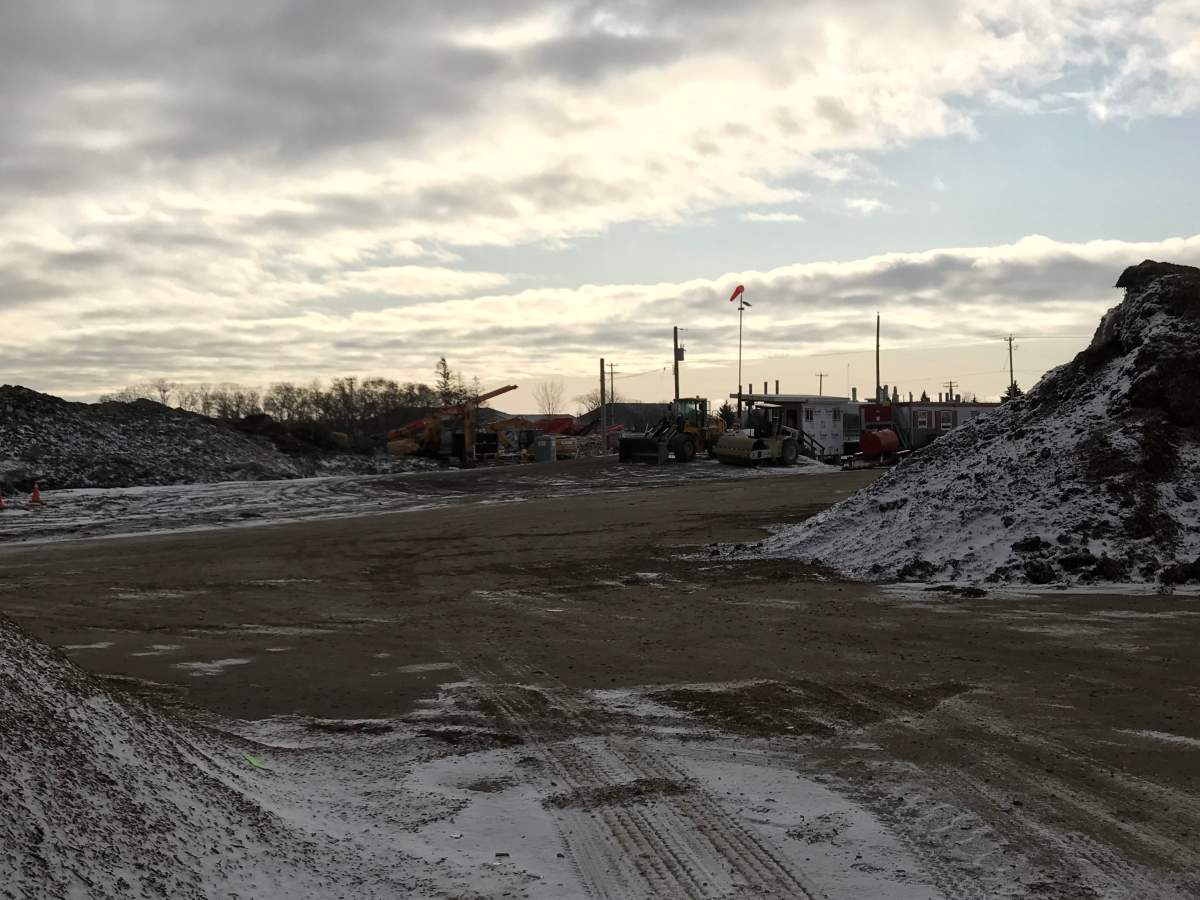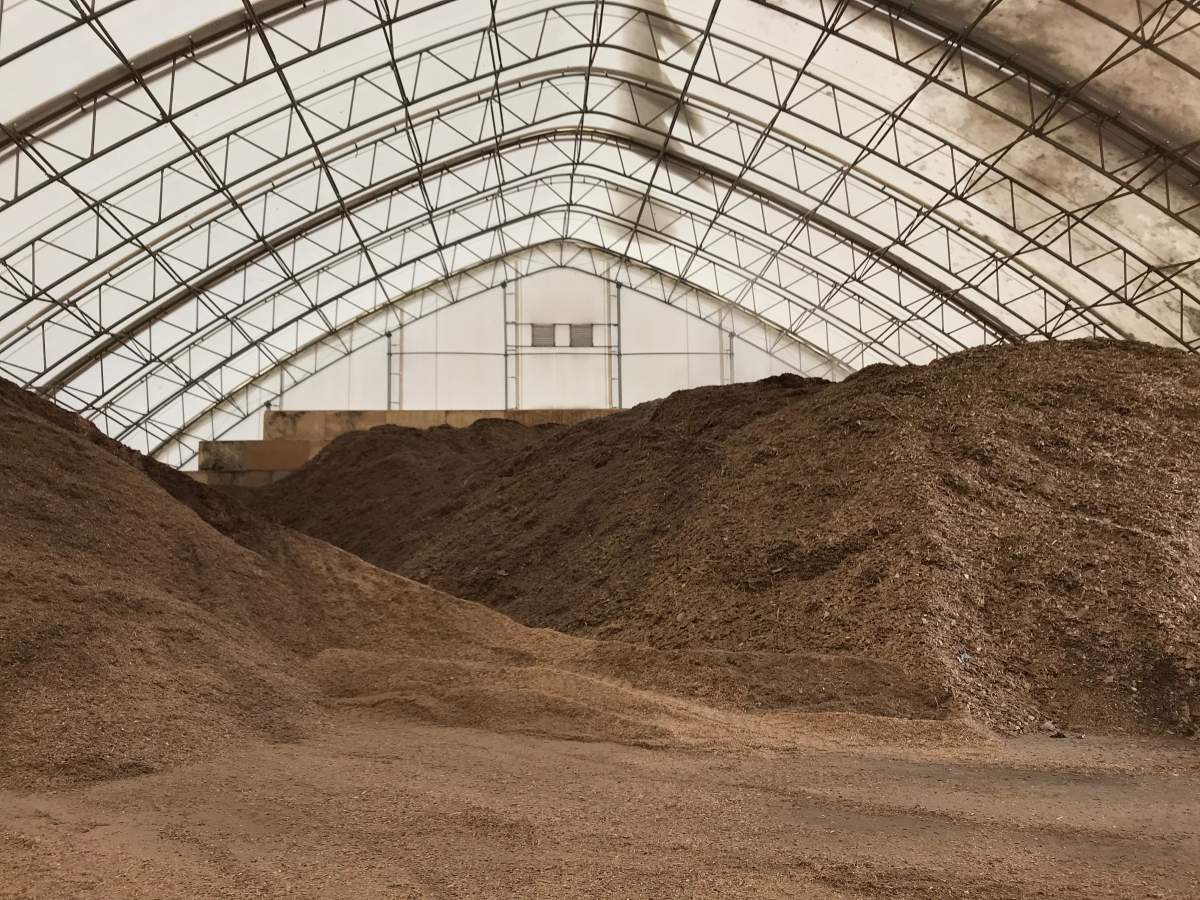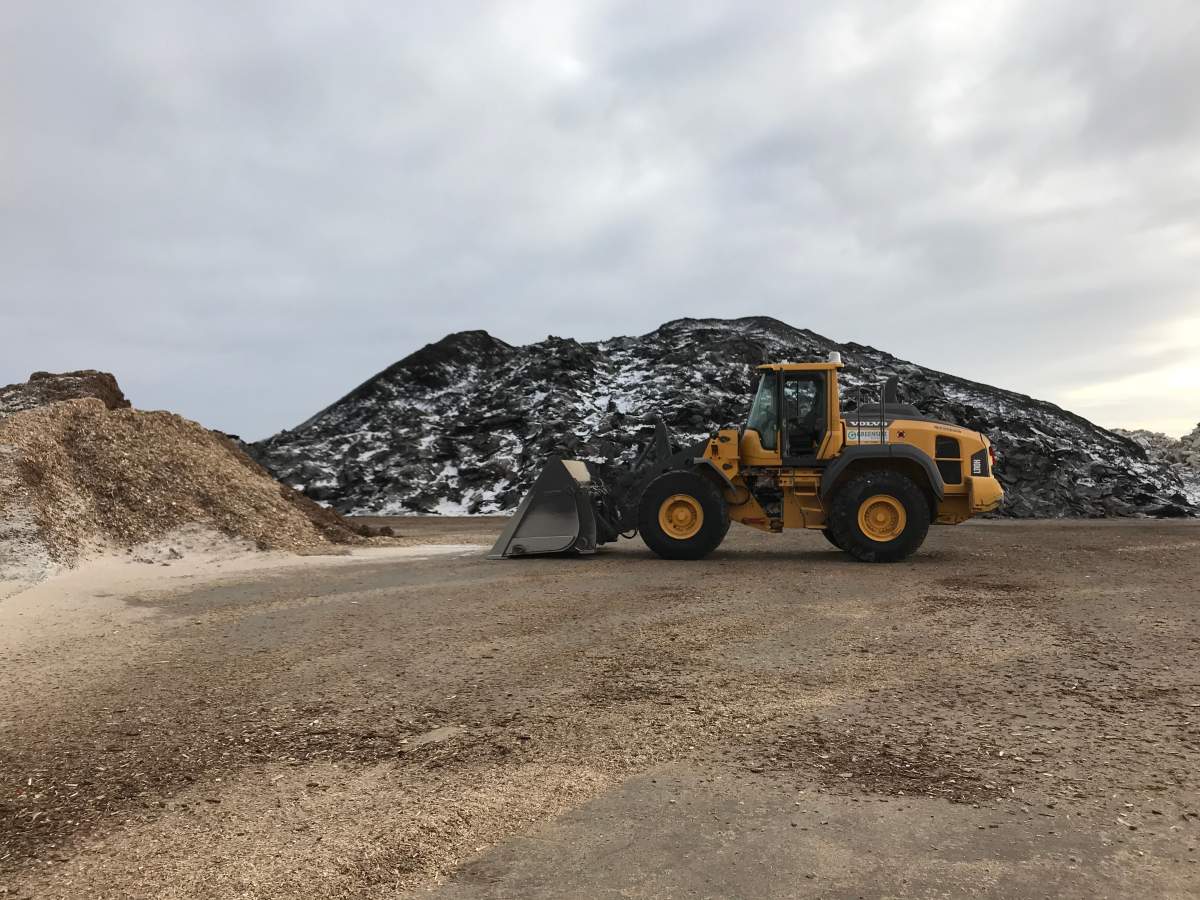Read part one of this feature here

Mother Earth Recycling is a small, for-profit business in Winnipeg’s North End that recycles almost anything – electronics, light bulbs, batteries and even mattresses.
It’s 100 per cent owned and operated by Indigenous people, giving those in the surrounding community a place to start out in the workforce while helping the environment. It’s also part of a larger network of organizations in Manitoba taking a unique approach to the fight against climate change while making some money.
Roughly 40,000 mattresses and box springs are thrown out each year in Winnipeg, enough to fill the Manitoba Hydro tower downtown.
But 95 per cent of that material can be recycled and used in completely different products, which makes this an opportunity a few businesses aren’t passing up.
Jessica Floresco, the general manager of Mother Earth Recycling, said if you want to prevent your old mattress or box spring from going to the dump, you can leave it with her company instead.
Workers will take the mattress for a small fee and disassemble it. If it’s infested with bedbugs, the company has an industrial heater on-site made out of an old shipping container. It can kill critters and bacteria by heating up the mattress to over 80 C. Once that’s done, it takes only five minutes for a pair of employees to strip it down.
Only the fabric – a mere five per cent of the mattress – is sent to the landfill. When it comes to the rest, the metal is sent to a local depot then shipped to a foundry in Selkirk, where it is then melted down to be made into other products.
Wooden bed frames are sent to Greensite Recycling, a family business located just north of Transcona. The wood is turned into biofuel and the depot takes in material from all over Manitoba.
When they realized there was also demand for clean-burning biofuel and animal bedding for farmers, Kosman said the company seized the opportunity.

Get breaking National news
It was a bit of a challenge figuring out how to make a useful product, as Kosman admitted she grew up in the city and had to learn the needs of those outside the Perimeter.
To make sure the biofuel or compost is of high quality, when wood waste is dropped off, it’s carefully sorted and separated.
“What we find with recycling, the biggest part of making sure it’s a viable business, is that we can create a product that is true to what we’re saying it is,” said Kosman. “It’s not going to have garbage in it.”
The site itself is vast with the smell of trees filling the air. There are massive heaps of wood waste everywhere sorted into logs, bed frames and even old kitchen cabinets. Mounds of shingles are also scattered about, waiting to be turned into asphalt for roads. Many of the piles are the size of houses.
“I have snowboarding boys that are trying to think of a way to create a snow hill for themselves,” said Kosman.
Toward the back of the site, there’s a huge white warehouse as tall as a five-storey building designed to keep biofuel dry.
“It looks like a big arena,” said Kosman. “A lot of people, when they came in… thought of all the socials they could hold in this environment.”
Next to the warehouse, there’s a small area where trucks are filled by a front end loader. The depot processes nearly 100 tons of material a day, which is hauled away to farms, colonies and other businesses around Manitoba.
Thanks to local companies, that freshly paved road you drove on, may have been someone’s old roof. The compost in your garden could’ve been part of a kitchen counter. Next time you take a sip out of a pop can, keep in mind that may have been a bed coil at some point.
As the need for sustainable goods increases with the growing threat of climate change, Jodi Kosman said this is the perfect time to help out the environment and the economy.
“I hope everybody sees this as an opportunity because we need to make sure our recycling is creating viable products.”












Comments
Want to discuss? Please read our Commenting Policy first.